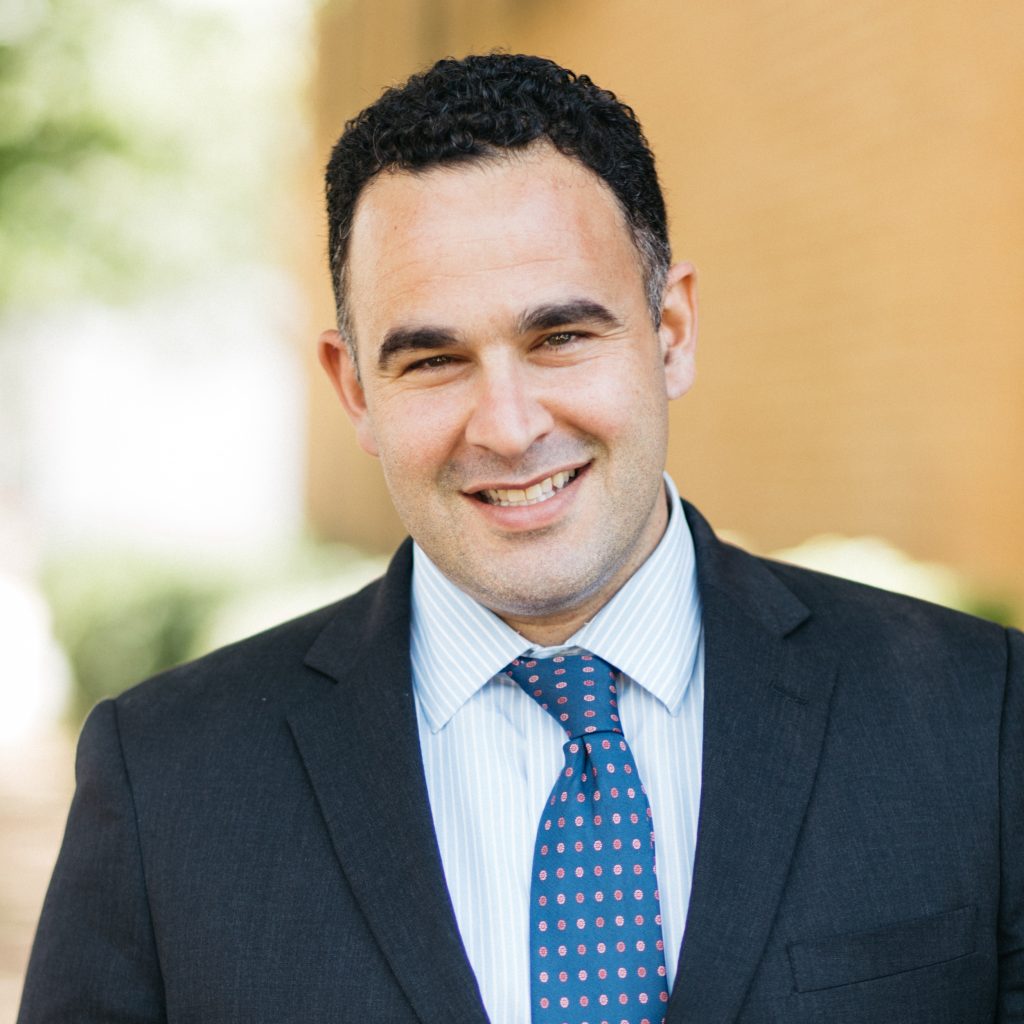
Increased car crashes. More kids and adults high everyday. The stench of highly potent “skunk-weed” permeating our major cities. 4/20 isn’t something to celebrate.
And let’s be clear: Today’s pot movement isn’t about the rights of adults to smoke a joint in the privacy of their own home. Nor is it about releasing people from jail. It’s about something far more cynical: the mass commercialization of marijuana.
Commercialization is the effect of our now ten-year “experiment” with legal weed. Corporations hellbent on making money have commodified the pot movement, and we as Americans should stop falling for it. Today’s marijuana is nothing like the Woodstock Weed of the 1960s, let alone the marijuana of even the Obama-era. It’s genetically bred to be up to 99% pure THC—and with that comes dangerous consequences.
One of those consequences is a rapid rise in psychosis and schizophrenia. A study published in The Lancet found that daily users of high-potency marijuana––which is now being engineered to contain up to 99% THC––are nearly five times more likely to develop a psychotic disorder. Indeed, marijuana is associated with other mental illnesses, ranging from anxiety and depression, and even suicidality. Marijuana use can severely impact brain development in youth, leading to lower IQ and worse mental health, academic, and professional outcomes, even long after discontinuation of use. Marijuana use can also cause cardiovascular harm and may lead to testicular cancer. Research also tells us that secondhand marijuana smoke is four times worse than secondhand cigarette smoke. Four times worse. There number of marijuana-related ED visits increased from 804,285 in 2021 to 918,029 in 2022.
For youth, substance use is related; 95% of people who do not initiate any drug use, including nicotine, alcohol, or marijuana use, by age 21 are unlikely to ever do so. This is partially why it is crucial to discourage any substance use for college students. It should also be noted that every state with commercial marijuana sets the minimum legal age of consumption at 21, meaning that only a fraction of student athletes would be legally eligible to consume marijuana or THC.
In 1996, California became the first state to legalize so-called “medical marijuana.” This was followed in 2012 by the legalization of recreational marijuana by Colorado and Washington, in defiance of federal drug laws. The state-level legalization of marijuana opened the door to the legalization of other drugs too, notably psychedelics. In 2020, Oregon became the first state to legalize psychedelics for medical use. Colorado followed suit in 2022. Notably, in 2020, Oregon also decriminalized the possession of all other drugs, which has faced public backlash and seen rising rates of crime and overdoses. These initiatives normalize these substances and reduce associated risk perceptions, which are associated with increases in experimentation and use.
A central theme of these state-level reforms is that they are backed by well-funded special interest groups, such as the Drug Policy Alliance, which do not have public health as their overarching goal––the DPA, for example, wants to repeal drug laws, no matter the consequences. These policies threaten to either undo and reverse progress made, including with the reduction in youth use, or to exacerbate the issues facing our country by contributing to more overdose deaths and a higher prevalence of substance use disorder. Public health organizations are often outmatched and cannot compare head-to-head against these organizations.
This doesn’t mean we should lock up and jail users. No one is calling for a recriminalization of marijuana. But the marijuana industry has gone too far. It will continue to produce and promote increasingly potent products to maximize its bottom line, while opposing regulations that would protect vulnerable populations.
This 4/20 let’s remember what today’s marijuana movement is all about: hooking the next generation of users to generate more profits. It’s time we push back.
Kevin A. Sabet, Ph.D. is the president of Smart Approaches to Marijuana (SAM) and a former White House drug policy advisor to Presidents Obama, Bush and Clinton.
